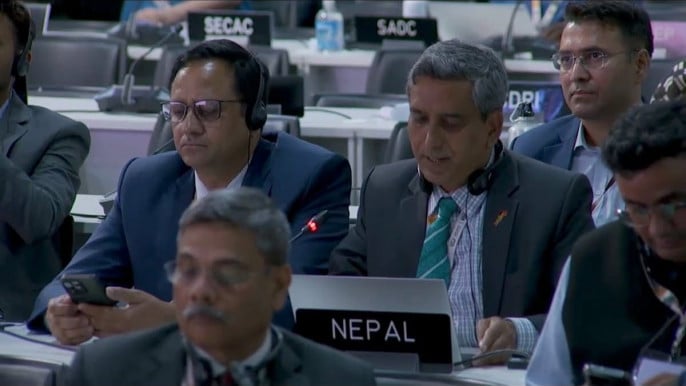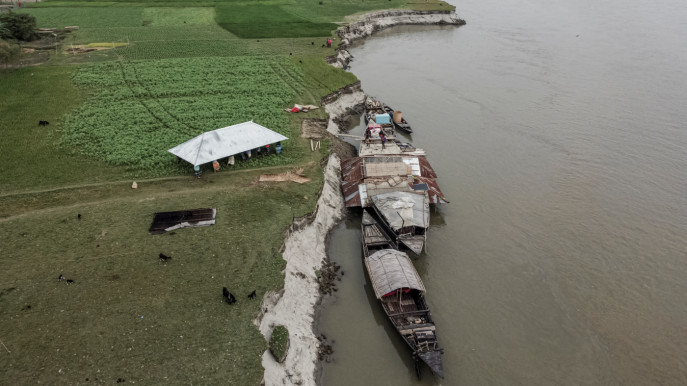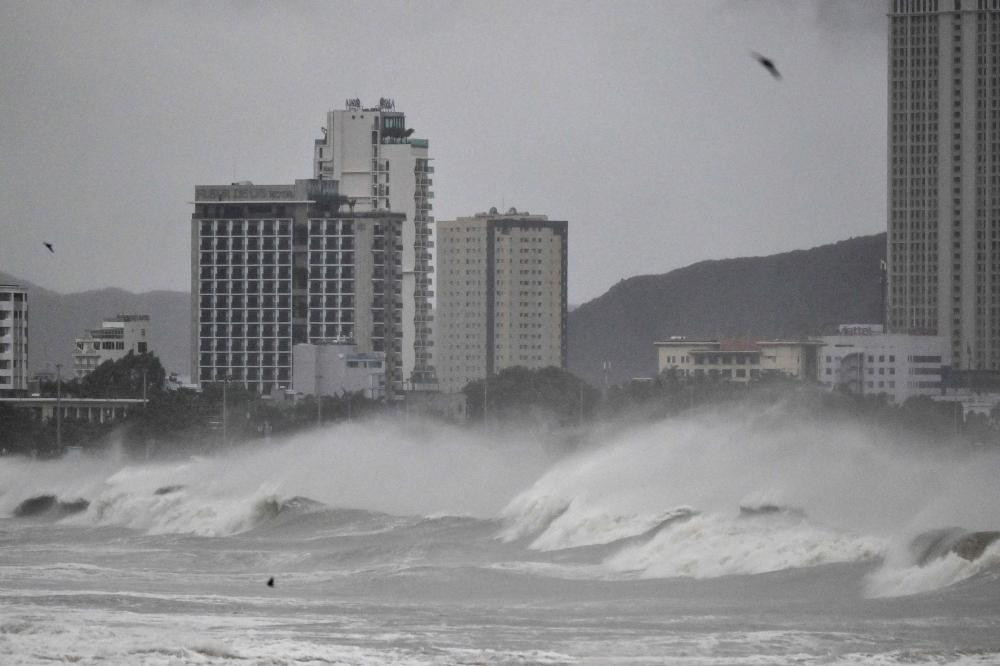Climate Extremes and Maternal Well-Being: Lessons from Tamil Nadu, South India
 As heatwaves intensify and rainfall patterns shift, the effects of climate change in South Asia are no longer confined to the environment; they’re reshaping lives in deeply personal ways. A new India Development Review article, “In Tamil Nadu, Climate Extremes Are Reshaping Maternal Well-being,” by Mittal Institute Associate Dr. Saravanan Thangarajan explores how these environmental stresses are affecting maternal mental health across India. The research, supported by the Mittal Institute and building upon collaborations from Harvard Medical School and the Harvard T.H. Chan School of Public Health, offers insights into the intersection of climate, health, and gender.
As heatwaves intensify and rainfall patterns shift, the effects of climate change in South Asia are no longer confined to the environment; they’re reshaping lives in deeply personal ways. A new India Development Review article, “In Tamil Nadu, Climate Extremes Are Reshaping Maternal Well-being,” by Mittal Institute Associate Dr. Saravanan Thangarajan explores how these environmental stresses are affecting maternal mental health across India. The research, supported by the Mittal Institute and building upon collaborations from Harvard Medical School and the Harvard T.H. Chan School of Public Health, offers insights into the intersection of climate, health, and gender.
Dr. Thangarajan, a Visiting Scientist at the Harvard T.H. Chan School of Public Health and Ariadne Labs, Brigham and Women’s Hospital, gave us an introduction to his article and shared some images from his fieldwork in Tamil Nadu.
In Tamil Nadu, South India long summers, tin-roofed homes radiate heat long after sunset. Inside, mothers balance childcare, work, and exhaustion as temperatures rise beyond the limits of breathable air. These quiet, persistent challenges often remain outside the frame of climate adaptation debates, yet they reveal a critical intersection between environmental stress and caregiving, one that resonates far beyond South Asia.
This research, conducted across all 38 districts of Tamil Nadu in collaboration with Harvard Medical School and the Harvard T.H. Chan School of Public Health, and supported by the Lakshmi Mittal and Family South Asia Institute and the Harvard Kennedy School, explores how rising heat and air pollution influence maternal mental health. Nearly two-thirds of mothers surveyed experienced mild to moderate depressive symptoms, with the highest burden among caregivers of children with disabilities, where social stigma, economic strain, and environmental exposure coincide. While rooted in India’s context, these patterns mirror a broader global reality in which women and caregivers in resource-constrained settings face disproportionate climate-related stress.
Amid these pressures, women continue to adapt with remarkable ingenuity, from local coordination networks to culturally rooted cooling practices that protect infants and sustain well-being. These findings emphasize the importance of strengthening low-cost, context-appropriate interventions, training health workers in climate-responsive care, and co-designing adaptation systems that center mothers as agents of resilience. This work contributes to the Mittal Institute’s broader effort to illuminate climate-linked vulnerabilities across South Asia and deepen global understanding of maternal and child well-being as indicators of equity and resilience in a warming world.




